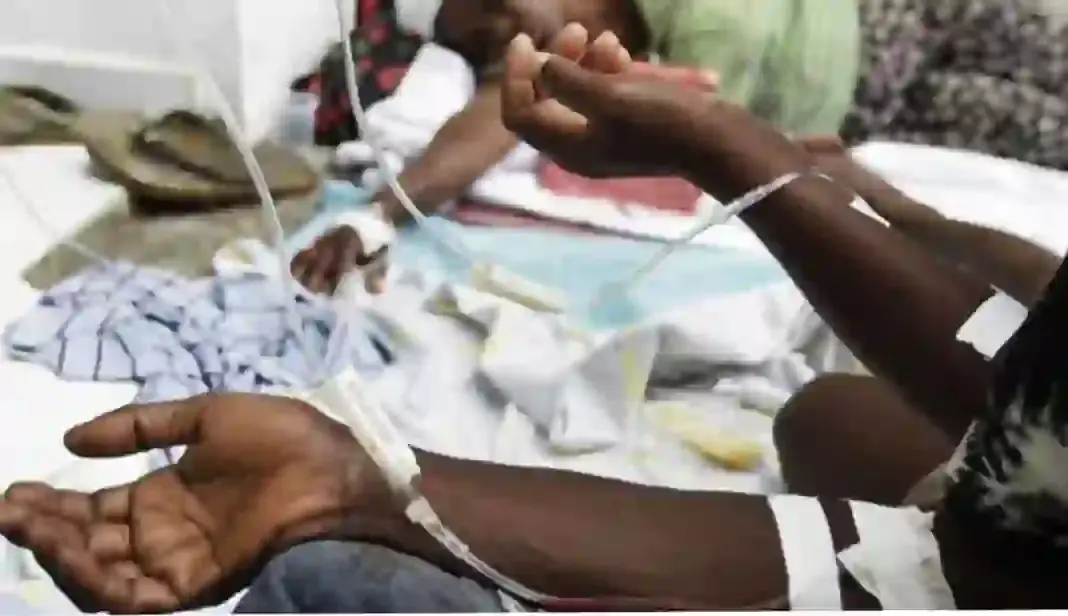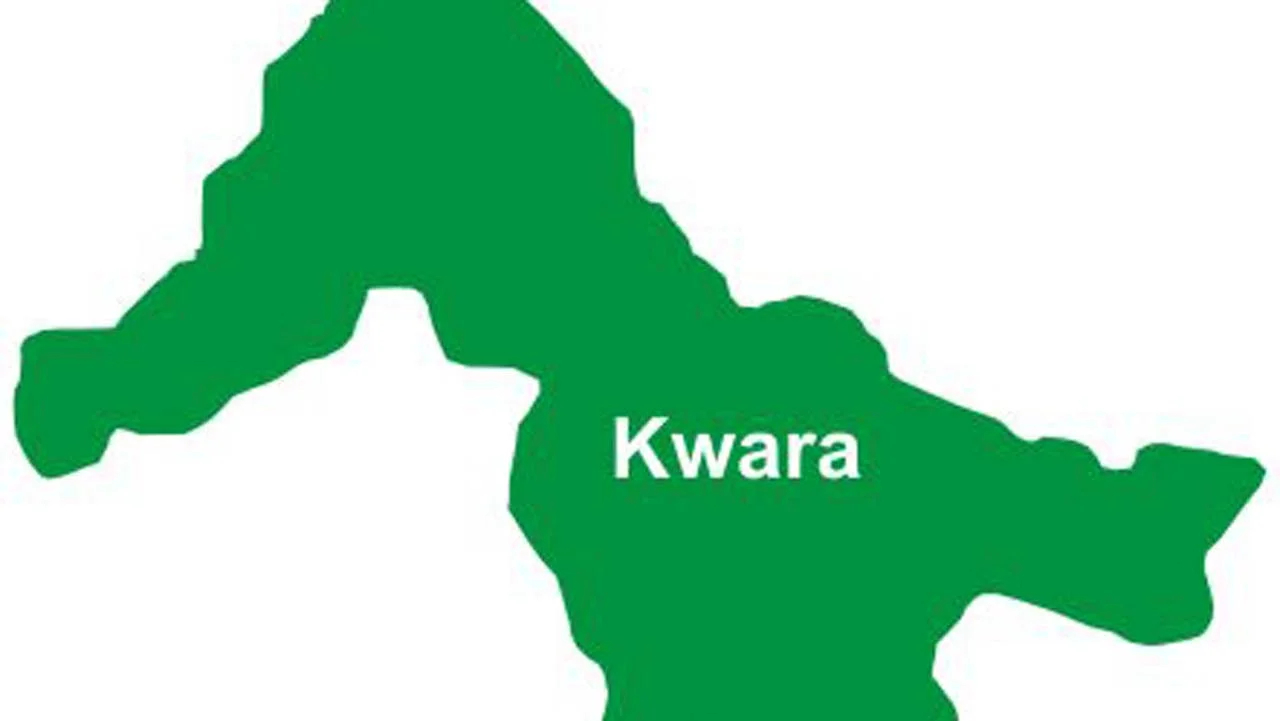Médecins Sans Frontières, MSF has raised alarm over the risk of malaria and cholera outbreaks in Maiduguri, where severe flooding has displaced 400,000 residents and claimed 24 lives.
The organization warned that without urgent medical and humanitarian support, the situation could worsen, with malnutrition levels likely to rise and waterborne diseases spreading rapidly across the affected areas.
In a statement released on Saturday by the Field Communications Manager Zoe Bennell and Communication Officer, Abdulkareem Yakubu, the Doctors without Borders, MSF expressed grave concerns about the heightened risk of malaria and waterborne diseases, particularly cholera, due to the widespread flooding that has devastated large areas of the city.
It also warned that the situation could exacerbate malnutrition in the affected areas.
The statement partly reads “We are very concerned about the precarious living conditions and the potential outbreaks of cholera and malaria”, says Dr Issaley Abdel Kader MSF Head of Mission in Nigeria.
“The number of children affected by malaria and acute watery diarrhoea had already started to increase before the flooding, and we have seen some with clinical signs of cholera since the floods.
“We are afraid that the number of cases will rise without the increase of medical and humanitarian support, especially regarding water, sanitation and hygiene.”
MSF said its teams went to several displacement sites (Galtimari, Yerwa, Ali Sheriff, Vocational Enterprise Institute, Teachers Village) to assess people’s needs and started the provision of essential services such as access to water through water trucking and water tanks, the installation and repair of latrines, and the distribution of mosquito nets.
“Teams are also running outpatient consultations in the sites, including mental
We risk malaria, cholera outbreak after Maiduguri flood – MSF raises alarm



